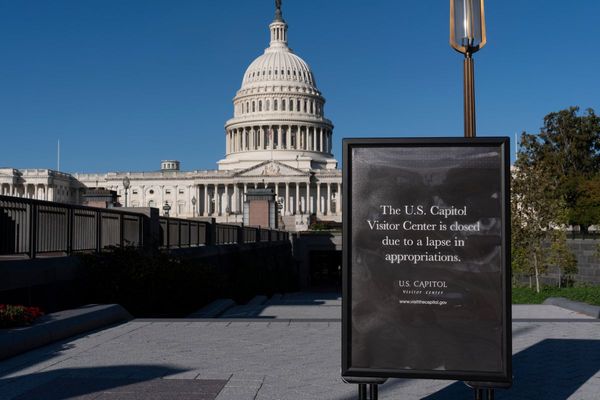
The trial of figures allied with former Algerian president Abdelaziz Bouteflika has witnessed confrontations between businessmen and politicians.
President Abdelmadjid Tebboune’s name appeared during a court session on what is known in media as “the fifth term money” and “car assembly” activities.
Ali Haddad, a key backer of Bouteflika and one of the country's top businessmen, was questioned during the third day of trials in the Capital Court of Appeal.
Haddad is charged in the case of “hidden financing” of Bouteflika’s campaign for a fifth five-year term in an election that was scrapped in April 2019.
He denied association with "suspicious sources of money,” a charge faced by several other businessmen.
“I have never collected money for Bouteflika,” he stressed, explaining that he only suggested on Saeed Bouteflika, the former president’s brother, to appoint his son-in-law as an accountant in the president's campaign directorate.
Jailed for nearly a year, Haddad said he borrowed from Saeed 75 billion dinars and invested the money in his contracting company for “security reasons.”
“I’ve worked in the contracting field for 23 years, and I have never had problems with the judiciary,” he told the judge.
Responding to a question on the source of his wealth during Bouteflika’s rule and shady government projects and deals, Haddad said he had worked as a contractor and invested his money in projects to build the country.
The former head of Algeria’s business confederation was arrested in late March on the border with Tunisia, in possession of two passports and undeclared currency, days before Bouteflika resigned in the face of mass protests.
Ex-industry minister Mahdjoub Bedda, who has been jailed on the “car assembly” case, told the judge on Tuesday that Tebboune, who was prime minister in 2017, had issued a decision to enable active businessmen to work in the field.
This is the first time the president’s name appears in one of the many corruption cases dealt by the judiciary.
In other news, Algerian university students took to the streets again on Tuesday in their weekly protests and accused the army generals of “looting the state,” stressing their determination to continue anti-regime demonstrations.







